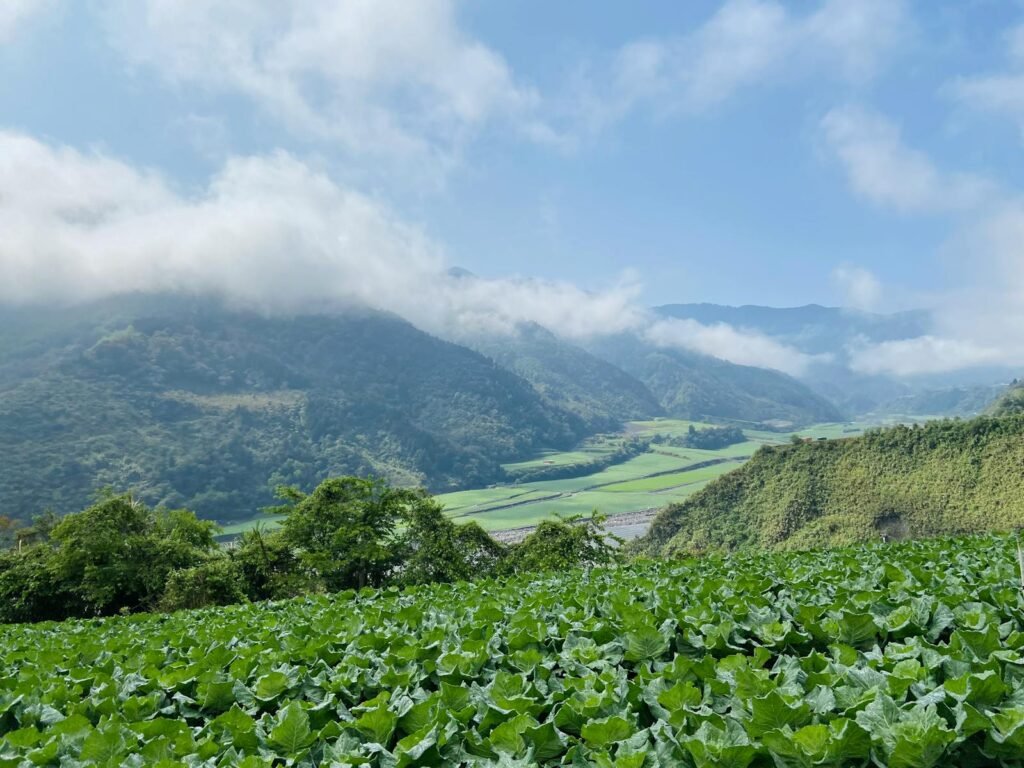Imagine waking up one morning to a world where birds no longer sing, forests stand eerily silent, and rivers run devoid of the life they once teemed with. It sounds like the opening of a dystopian novel, but this scenario is closer to reality than most of us care to admit. Every year, Earth Day urges us to reflect on the fragility of our planet, yet many still see extinction as an issue reserved for distant jungles or exotic species. The shocking truth is that the web of life is so tightly woven that every thread—every animal, plant, and microorganism—holds up the tapestry we all depend on. The loss of one species can tug at the very fabric of human existence, threatening our food, health, and future. This isn’t just about saving animals; it’s about saving ourselves.
The Ripple Effect: How Extinction Unravels Ecosystems
Nature operates like a finely balanced orchestra, with each species playing a critical role. When even one instrument falls silent, the entire symphony falters. Many people don’t realize how the extinction of a single species can send shockwaves through entire ecosystems. For example, when wolves were wiped out from Yellowstone National Park, deer populations exploded, forests suffered, and riverbanks eroded—a domino effect that altered the landscape dramatically. It’s a vivid reminder that every creature, from the smallest bee to the largest whale, is a vital thread in the intricate web of life. When these threads snap, the consequences ripple outward, sometimes in ways we can’t immediately see.
Our Food Chain Is at Stake
Think about your last meal. The grains, fruits, vegetables, and proteins on your plate all rely on healthy, functioning ecosystems. Pollinators like bees and butterflies ensure the growth of many of our favorite foods, from apples to coffee. Yet, these species are vanishing at alarming rates due to pesticides, habitat loss, and climate change. If we lose these pollinators, entire sections of the supermarket could disappear. Oceans, too, are threatened as overfishing and pollution push fish stocks toward collapse, putting global food security at risk. The extinction crisis isn’t a distant problem—it’s something that could soon be felt at our own dinner tables.
Medicines Lost with Vanishing Species
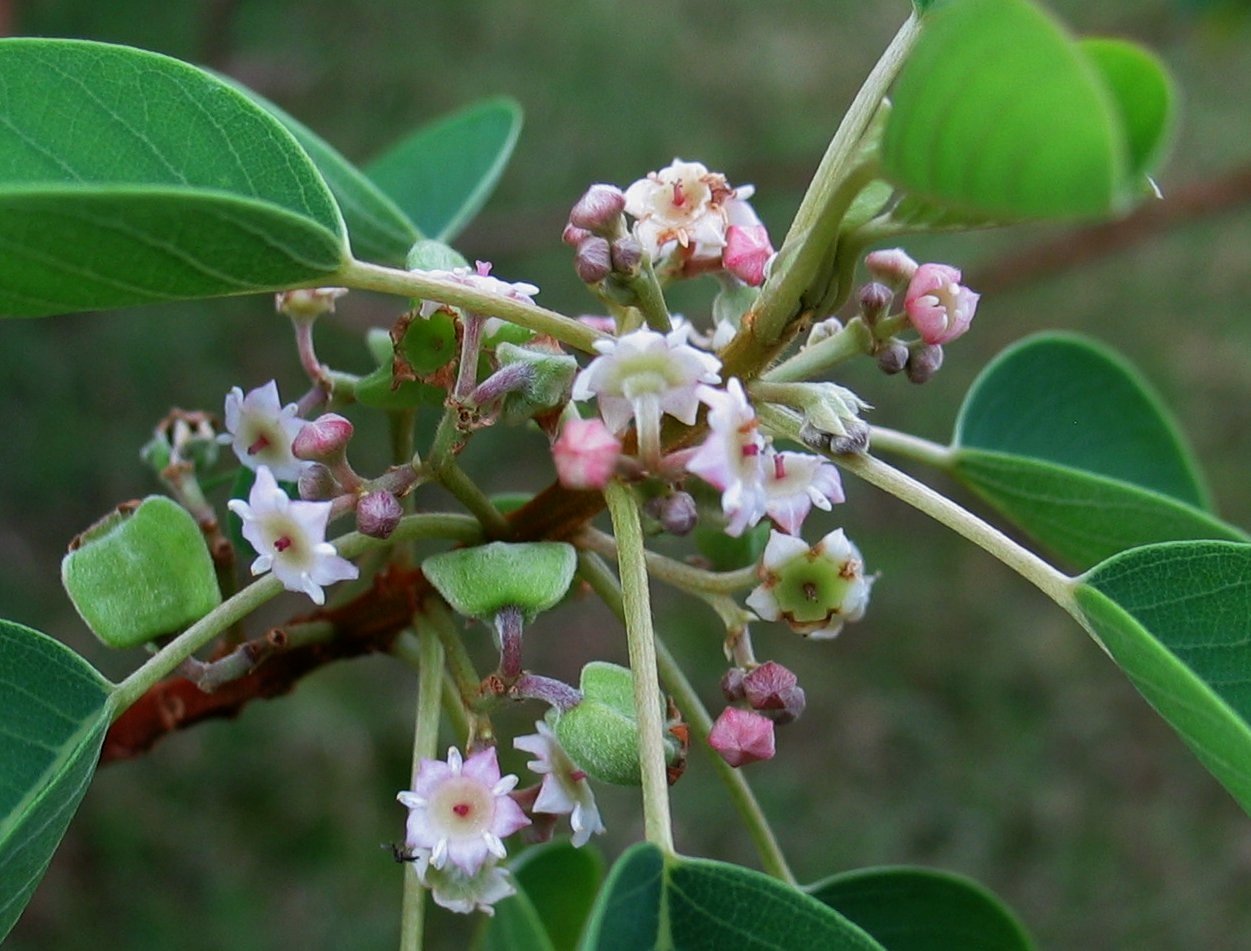
Nature is the world’s oldest pharmacy. Many life-saving medicines, such as aspirin, penicillin, and cancer-fighting drugs, are derived from plants, fungi, and even animal toxins. Every time a species goes extinct, we lose a potential cure for diseases we may not even know exist yet. The rosy periwinkle, a humble flower from Madagascar, led to breakthroughs in leukemia treatment. If it had vanished unnoticed, millions of lives might have been lost. The extinction crisis is robbing us of future medical miracles, underlining just how tightly our fate is entwined with the natural world.
Climate Change and the Loss of Nature’s Allies
Forests, wetlands, and oceans are powerful allies in our fight against climate change. Trees absorb carbon dioxide, wetlands filter pollutants, and healthy oceans regulate the climate. The disappearance of key species—like large herbivores that maintain grasslands or whales that fertilize plankton—can disrupt these natural processes. When these ecosystems break down, so does their ability to buffer us from the effects of global warming. The loss of nature’s climate warriors means more extreme weather, rising sea levels, and greater instability for human communities.
Extinction Hits the Poorest First
While extinction is a global issue, its harshest impacts are often felt by the world’s most vulnerable people. Rural communities and Indigenous groups rely directly on forests, rivers, and wildlife for food, medicine, and cultural identity. When species disappear, so does traditional knowledge and sustainable ways of life. The decline of fisheries devastates coastal villages, and the loss of medicinal plants can leave entire communities without healthcare options. This crisis deepens inequality and threatens the survival of cultures that have protected nature for generations.
Biodiversity: The Insurance Policy for Our Future
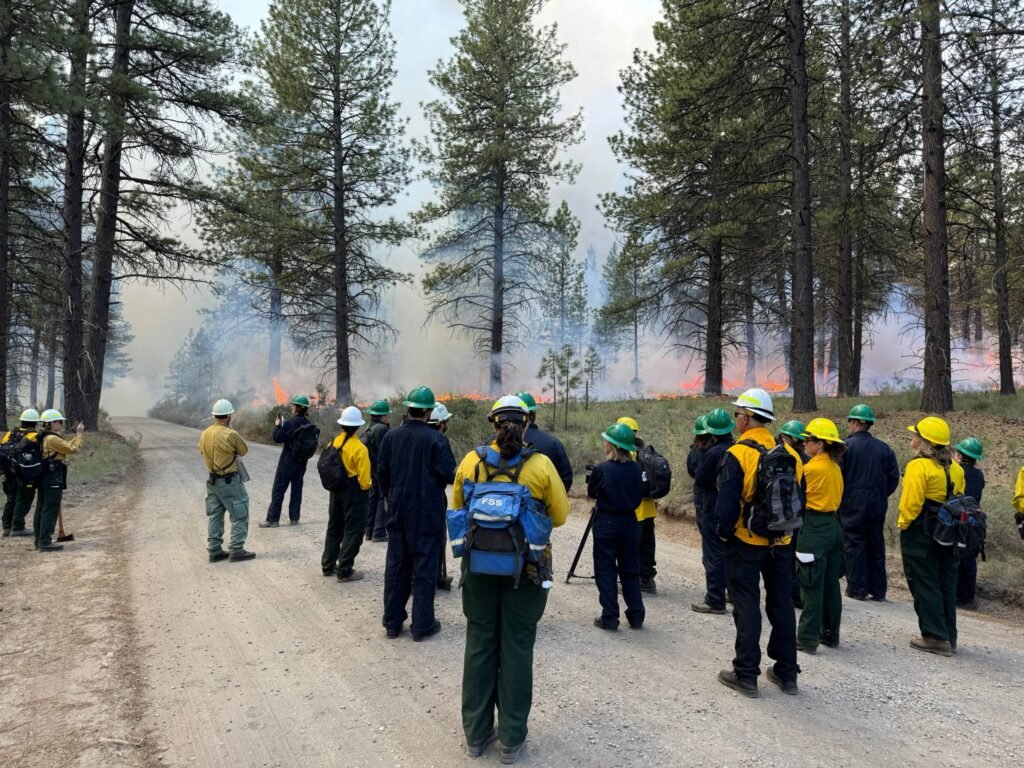
Biodiversity is like an insurance policy for humanity. It provides resilience in the face of disasters, ensuring that ecosystems can recover from storms, droughts, and disease outbreaks. Diverse forests withstand pests better, and varied crops are less likely to fail all at once. Losing species is like letting our insurance lapse—leaving us exposed and vulnerable. The more species disappear, the fewer options we have for adapting to a rapidly changing world. Our security, prosperity, and health all depend on keeping this insurance policy intact.
Nature’s Lessons: What We Lose Beyond Utility
Not all losses can be measured in dollars or resources. Animals and plants inspire art, music, and stories; they shape our cultures and imaginations. The haunting song of a whale, the delicate dance of a butterfly—these experiences connect us to something greater than ourselves. When species vanish, we lose not just practical benefits but also beauty, wonder, and wisdom. There’s a deep emotional cost to watching the wild world grow silent, one extinction at a time.
The Human Role in the Extinction Crisis
Human activity is the leading driver of extinction today. Habitat destruction, pollution, climate change, and overexploitation are all fueled by our choices. This gives us immense power over the fate of the planet. The hopeful side of this story is that if we can cause harm, we can also be the solution. Shifting to sustainable agriculture, protecting wild places, and supporting conservation efforts can slow or even reverse the tide of extinction. The future of life on Earth—and our own future—is in our hands.
How Everyday Actions Make a Difference
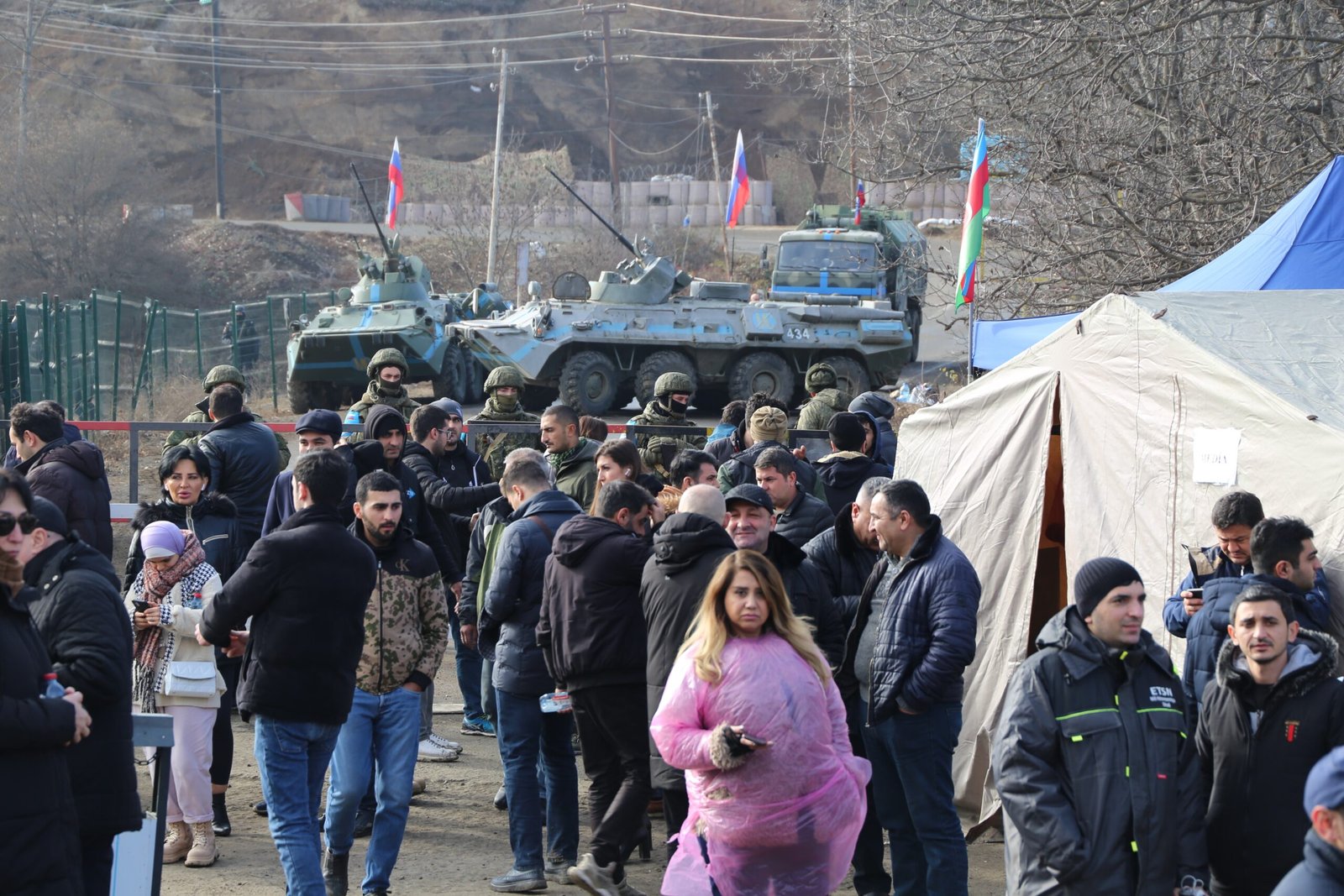
It’s easy to feel powerless in the face of such a massive challenge, but small changes matter. Choosing sustainable seafood, reducing plastic waste, planting native flowers, or supporting conservation organizations are steps anyone can take. Even simple acts like turning off unnecessary lights or reusing bags help reduce the pressure on nature. Collectively, these choices can spark a wave of change. Imagine if millions of people made just one small decision each day to help the planet—together, we could rewrite the story of extinction.
Inspiring Change: Stories of Hope
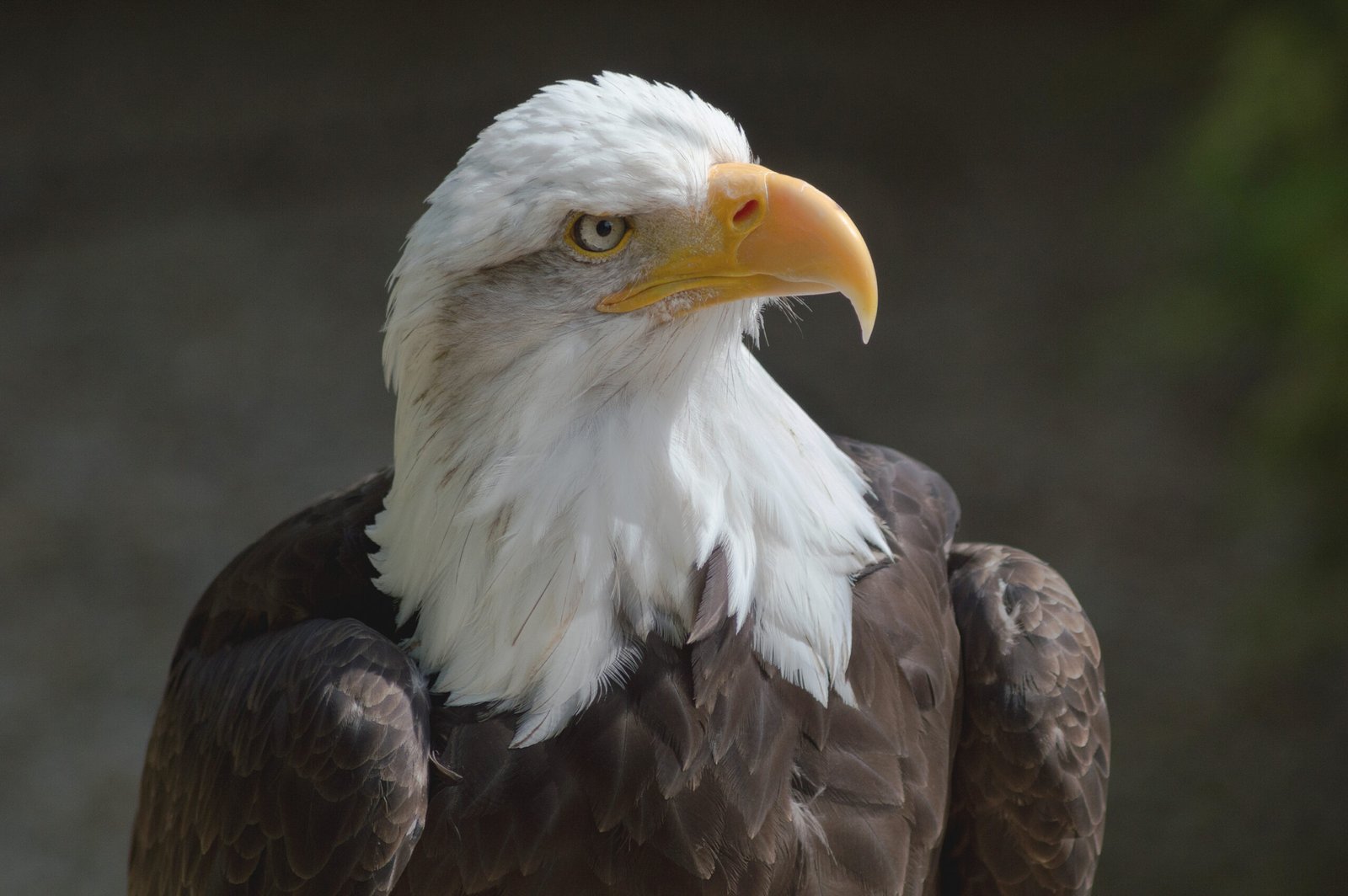
Despite the dire headlines, there are inspiring stories of recovery. The bald eagle, once on the brink of extinction in the United States, has soared back thanks to concerted conservation efforts. Whales, once hunted nearly to extinction, are slowly returning to some oceans. These successes prove that when we act, nature can heal. Each rescue story is a beacon of hope, reminding us that it’s never too late to make a difference.
Earth Day: A Call to Protect Our Shared Future
Earth Day isn’t just a celebration—it’s a wake-up call. The extinction crisis isn’t only about losing animals or plants; it’s about safeguarding the very systems that keep us alive. Every action we take, no matter how small, shapes the future we leave behind. The question remains: will we be the generation that stood by as the world unraveled, or the one that came together to weave it back stronger than ever?

